“Exhausted Indian doctors battle Surging COVID-19 cases.” “Belarus police violently detain dozens of female protesters.” “Death toll rises as fires rage on US West Coast.” And, Donald Trump might very well be president for another four years – like other ‘autocratic rulers’ elsewhere.
Such headlines and a possible future might lead us to feel that things are not going well. To say the least. Therefore, we might easily believe it to be ‘bad news’. But does such a thing as ‘bad news’ actually exist? When do we consider something to be ‘bad’ news rather than its opposite, ‘good news’? Perhaps most importantly, what do we do with it?
You can also listen to this message of wonder as a Dharma-bite on my SoundCloud:
Every situation that causes people and other living beings to suffer has a heartfelt sadness to it. None of us wishes to become sick, physically hurt or die. Neither does anyone want to live with a government in chaos, rulers without moral principles and politicians that do not take their (global) responsibility.
In that sense, perhaps, we could argue that every news that points to such situations is ‘bad’ news. However, taking such news as (only) ‘bad’ could very well be one-sided, incomplete or simply even a wrong view on things.
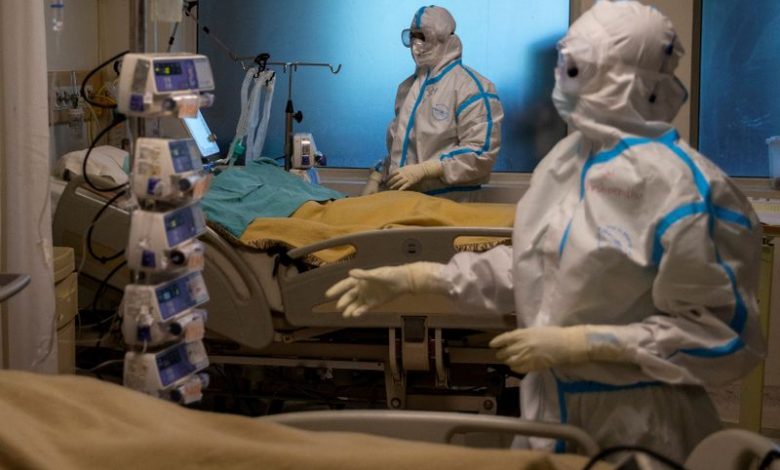
For whom?
First of all, we can ask: bad news for whom? For people infected by the novel coronavirus or at risk, just like many who are put in an economically unstable and poor situation, every day the pandemic continues is one too many. But there are also people and organisations that make (huge) profits, found new opportunities or got to dedicate their time to something they considered more meaningful than what they did before the pandemic.
Put aside if we would go as far as looking at the pandemic from the perspective of the virus itself: to the virus the current situation is great! I know, that might sound crazy and extreme, but the point is: calling something ‘bad news’ is pointing to ourselves – to us perceiving it as such. In other words, It reflects our own mind.
This is perhaps more clear with political examples. From the point of view of the opposition in Belarus, and many around the world who sympathize or support their cause, the actions of Lukashenko, Belarus police and how Putin is trying to influence the situation for his benefit is clearly ‘bad’.
But, if we ask Lukashenko, the police, Putin and all those who support them, this is certainly not the case. To them the opposition leaders, the protests, EU-politicians and so on are ‘bad’. I notice I am certainly not neutral in this situation, but I recognize that this reflects my own views about the world. And can I really be certain my views are correct? Better than those I oppose?
For sure, you might say, certain situations are ‘bad’ beyond doubt. The fires that are currently raging on the US West Coast, which personally affects me because of the bad air it causes in Seattle, are (only) a bad thing. Right?
Well, it is beyond doubt causing a lot of harm and suffering. As in the more political example, this is something nobody really ask for. Our worst enemy also does not want to suffer, just like you and me. Therefore, it is clear that we need to do everything we can to save lives and stop fires to spread.
To most humans wildfires do not have a beneficial side to it. Not even in an economic sense – like certain countries and organisations can even gain a lot of profit from war & conflict. In a similar way, it is difficult for politicians to spin such situations to support them – though it does not keep some from trying.
However, there are quite a lot of studies that show that various other species increase in numbers after wildfires and new life is born from the ashes. We tend to be very human-centered, but from the viewpoint of other life forms wildfires are beneficial, if not necessary. And from the perspective of ‘nature’ as a whole, wildfires might very well be ‘neutral’.
Along the same lines, climate change – or global warming if you prefer – is a serious threat. Too many creatures, certainly humans. But looking from the lens of the earth, or the universe, it will simply lead to ‘change’ and a different planet. This is perhaps uncomfortable for many to hear, but a changing climate is above all else a problem for us, and in this case also (mainly) caused by ourselves.
To be sure: there is nothing necessarily ‘wrong’ about having a human-centered perspective. Just as it is fine and understandable to have a personal view on certain situations, political or not. In fact, this points to the very nature of our heart: we deeply care about life. Certainly our own and those close to us.
Moreover, if we consider the equality of all life in the sense of trying to avoid suffering and seek happiness, we can feel this caring connection with all humans and living beings on this planet. It is for this reason that we try to stop a virus, stand up against police violence & oppression, and fight wildfires. Just like we wish those in power to use it for the benefit of all and not only for themselves, their supporters or their country.
If we read the daily news it is easy to lose heart. To feel lost. All signs appear to be red. Not unlike the stock-markets that seem to respond these days directly based on headlines seen on popular news-sites and other sources. Is it really this bad, if it is bad at all? Things might very well look different if we move away for a moment from the short-term in order to recognize unforeseen results and look further ahead.
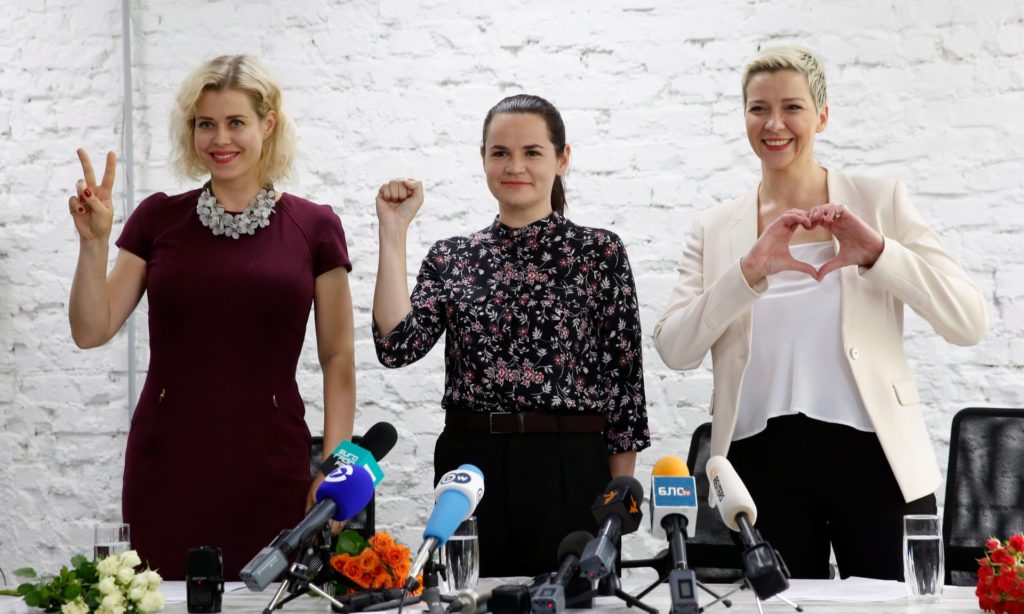
Unforeseen results
Let’s go back to the novel coronavirus that currently continues to spread throughout the world. The outbreak of any pandemic, just like the one at the moment of writing, certainly causes a lot of pain and loss all over the world. Beyond doubt.
At the same time, we also hear about things that we could consider as ‘positive’: cleaner air due to less traffic, stronger cooperation between and appreciation for healthcare experts, an increased awareness of our interconnectedness with other humans if not every living being on this planet.
On a more personal and smaller level. I can not yet go to India to study Tibetan language in-person due to the pandemic. Something I really wish to do (there) as part of my path towards taking monastic vows in the Tibetan-buddhist (Dzogchen) tradition and, more importantly, deepen my understanding & practice in order to be of benefit to my sangha, to you and ultimately all sentient beings.
In a way I am ‘stuck’ in Seattle (State of Washington, United States). Besides living under the smoke of the wildfires as I am typing these words, being in this country at the moment comes with a high risk to catch the novel coronavirus. Which would be very unfortunate, certainly because I live without health care insurance. Moreover, the contemplative center Nalanda West – where I currently live as one of the residents – has not been able to host events in-person since March this year (2020).
Yet, I can now see some results that would not have come into being without the pandemic. Results that I personally would like to label as ‘positive’. For example, our Nalandabodhi International Community has started to connect more than ever before and many of our teachings are now increasingly available online to everyone in our sangha and the wider public.
Living at NalandaWest these days allows me, personally, not only to connect with many people in our sangha I would not have easily meet otherwise, but also to do all kinds of tasks for Nalandabodhi and fulfill a little part in making the sharing of Dharma possible.
Furthermore, the Institute of Buddhist Dialectics where I imagined myself to study at the moment, started their classes online. Acharya Tashi, our resident teacher, has kindly offered to have two meetings a week to study some Tibetan together. And it allows me to join the Tibetan class of the Nitartha Institute as well. While, at the same time, continuing to live with my fellow-residents, be part of this little micro-sangha, in a place where I feel very much at home.
This is even leaving aside that I experience a lot of wonder, am intrigued by and want to understand the United States a bit more. Which will allow me to understand what we commonly call ’the west’ better and, thus, to be able to be a stronger bridge between ‘east’ and ‘west’. To help root and share the Dharma – the awakened heart or enlightened mind, compassion and wisdom – in such a way that it fits with its time & culture.
In fact, before coming to the United States I imagined myself to live as a monastic in the east, in a more ’traditional’ way. These days, following what is part of the Nalandabodhi aspiration, I wonder: how does monastic life look like in the west, in the 21st-century?
I do not know the answer to that. Perhaps Buddhist monks can live and work with Christian monks as their numbers dwindle, and together be part of a deeper conversation about the meaning of life and direction of our global society.
But this is not so much about me. The point is: things that seemed to be ‘bad’ news, turned out to have some results that have been actually very beneficial. So, if ‘bad’ news exists at all, then at least there is also, always, a ‘positive’ side to it.
This is not to deny the suffering and pain many are going through. Again, all of us wish everyone to be safe, healthy and truly happy. Trying to end the immediate pain and the underlying causes of our suffering, is at the very heart of buddhist teachings. And, I would say, of every philosophical, spiritual and religious tradition.
Whether it are the Abrahamic religions, native American traditions, other indigenous cultures all over the world, or religions from the east like Hinduism and Daoism. All share teachings on loving-kindness and compassion. And in all of them we can find stories that certain events at first seem to show darkness, but turn out to be only part of a path towards the light.
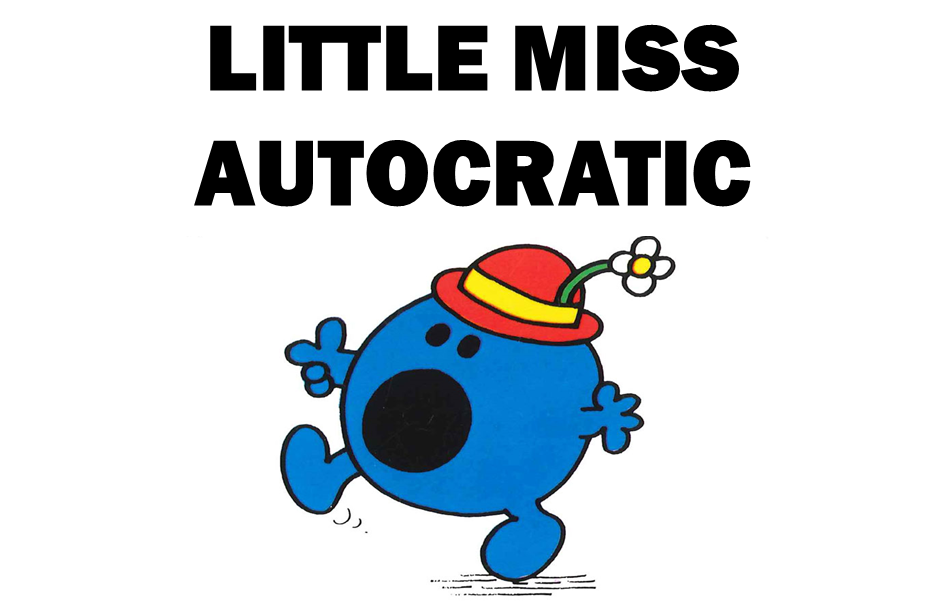
Looking beyond current events
In the buddhist tradition, which I am more familiar with, there is the story of an old farmer who was working in his field with his horse. There are different versions of this story. It is not fully clear, for example, whether the horse was sick or not. But in any case, it broke loose and ran away. Upon which his neighbours came to visit and said something like: “Such bad luck.” Which shows a lot of empathy. The farmer simply replied: “Maybe. We’ll see.”
This continues as the story goes on. The next morning the horse returned with other wild horses. Some versions of the story say three. Others say twelve. The amount is not the point. It is really about what his neighbours will say. Which, by now, is easy to predict: “How wonderful!” They might also have expressed that he must be happy now. The farmer, however, replied again: “Maybe. We’ll see.”
The next day, probably in the morning, his only son tried to tame the new wild horses. While riding one of the horses, he was thrown to the ground and broke his leg. Obviously this seems very unfortunate. After all, the farmer is old and he could use some help. So, the neighbours speak about a tragedy and think the farmer must be very sad. “Now your son is not able to help you farm. How will you survive?” The neighbours must have expressed something like this. To which the farmer, calmly, replies: “Maybe. We’ll see.”
One or some days later, military officials came to the villagers. A war had broken out and they came to demand that young men came with them as part of the Emperor’s army. That’s how things went back then. Clearly, they saw that the son’s leg was broken. Thus, they considered him to be unable to fight. The neighbours, of course, come again and tell him how fortunate he is – seeing their own sons on their way to battle. Once more, the farmer answered to them as every other time: “Maybe. We’ll see.”
Now some versions of the story add some more elements. But each of them shares the same point: what seems to be a very unfortunate or fortunate situation, turns out to be quite different than expected. Put differently, something appears to be ‘bad’ (or ‘good’ news for that matter), but after a little while it shows that the opposite might very well be true.
This story not only points to the aspect of ‘news’ or any phenomena being seen from a certain perspective, a particular mind – the farmer, the son, the neighbours, the emperor and so on. It also shows that there might be results we have not yet foreseen. In addition, it brings a time-element into focus. What seems in one way or another on the short term, could very well be the opposite in the long term.
Also, we can notice that what is considered to be ‘fortunate’ or ‘unfortunate’ by the neighbours is whether something brings about a situation of safety and happiness. Something the farmer does not argue with. They agree about that.
Trust
Now, you might say that the attitude of the farmer will not solve our pandemic, end police violence, stop wildfires or put an end to autocratic rulers and ensure a government is working for the benefit of all.
There is a lot of debate about this between the Taoists, where this story comes from, and Confucianists. The truth, most likely, is somewhere in the middle. In any case, I think they both agree that we need to be very skillful in our actions. There is, however, another point we might easily overlook: trust.
This is best illustrated by one of many modern wonderful adaptations of the story above and the issue of ‘bad’ news and ‘good’ news: the animation movie Kung Fu Panda. Without going into detail, there is a character that causes harm & destruction. He just broke loose from his prison. To which Shifu, another character, goes to his master: Oogway, a turtle. He tells him: “Master, master, it is very bad news.” To which his master responds: “Ah, Shifu, there is just news. There is no good or bad.”
When Master Oogway is told that the so-called ‘bad’ character broke free, he says: “That is bad news, if you do not believe the Dragon Warrior can stop him.”
This is a great re-telling and presentation of a deep wisdom. A reason to be happy with animation and children movies I would say. But that is besides the issue at hand. What Master Oogway is pointing to is the element of trust. We need to trust that we have the capability to stop the suffering and roots of our suffering. To stop whatever is causing harm and pain in the world. And, on the other side, to work for the safety, well-being and happiness of all living creatures.
We still can
So, if we follow the news at all, we can ask ourselves: do I consider this to be ‘bad’ or ‘good’? What does that tell me about myself, how I understand and interact with the world? What can I learn from this, and how do I need to change my own actions?
Above all, we don’t need to lose heart. Things might turn out to be quite different than you currently imagine. And if we keep our focus on the long-term perspective, if we connect with our deepest wish not to suffer and find true happiness, then we can work towards a more compassionate world together.
That world will most likely still know pandemics, violence, wildfires and autocratic rulers from time to time. But they do not give rise to confusion, harmful actions and a feeling that the world is lost. Instead, we know we have the inner resources to deal with them wisely.
Four more years of Trump, bad news? Who knows. We’ll see. It might help him and many others realise, that we can change things for the better. Beyond our own in-group. Beyond our own country. Beyond ‘west’ or ‘east’. To build a free and compassionate global society. For the benefit of all sentient beings. Yes, we (still) can.
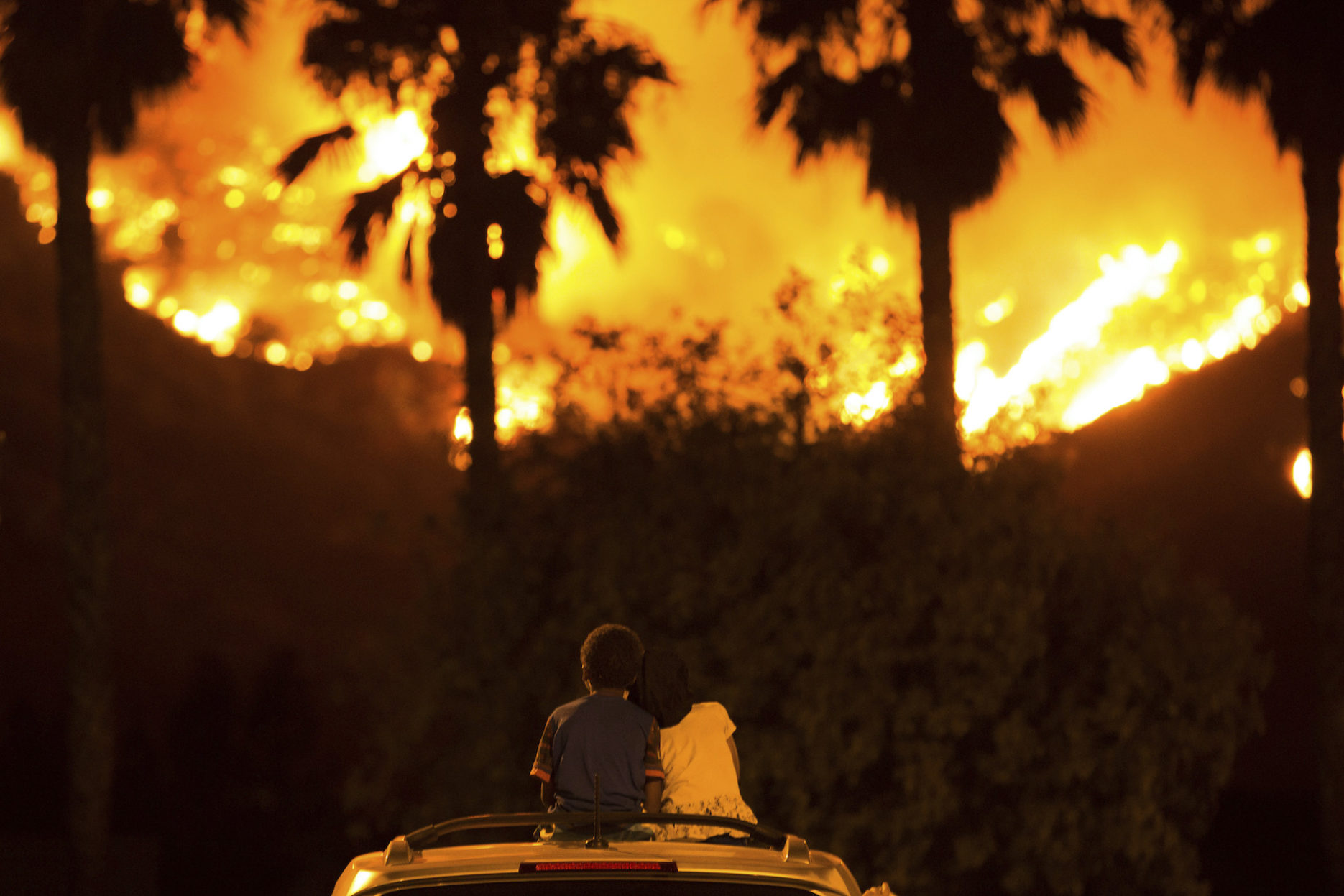
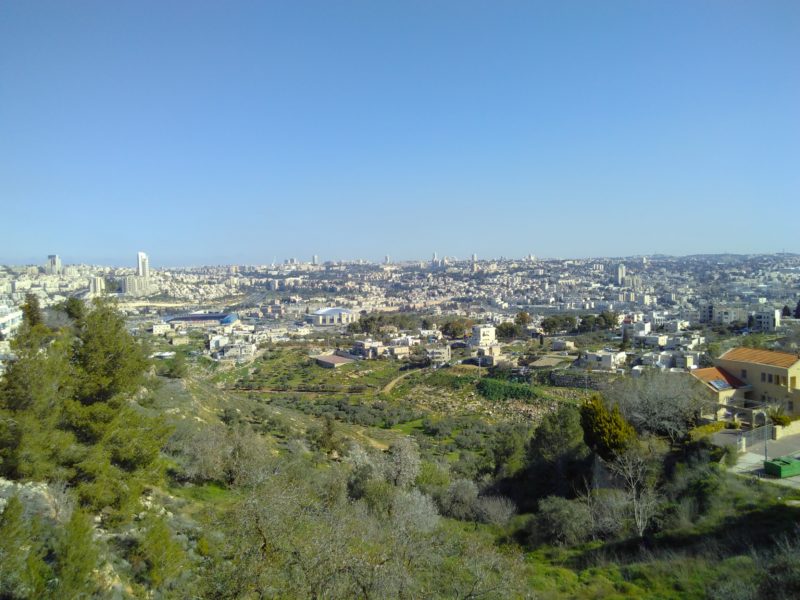
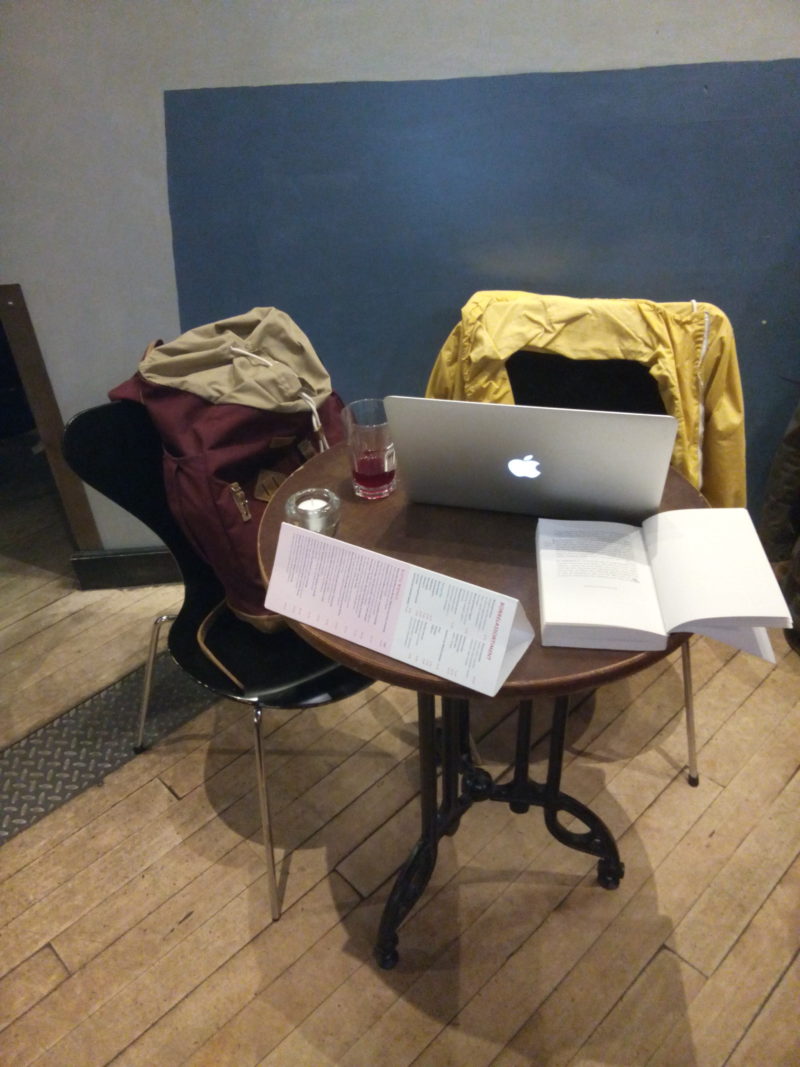
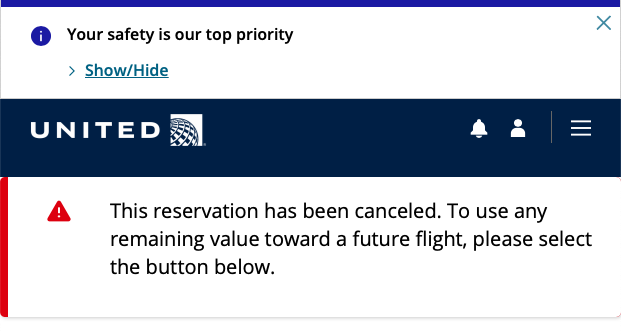
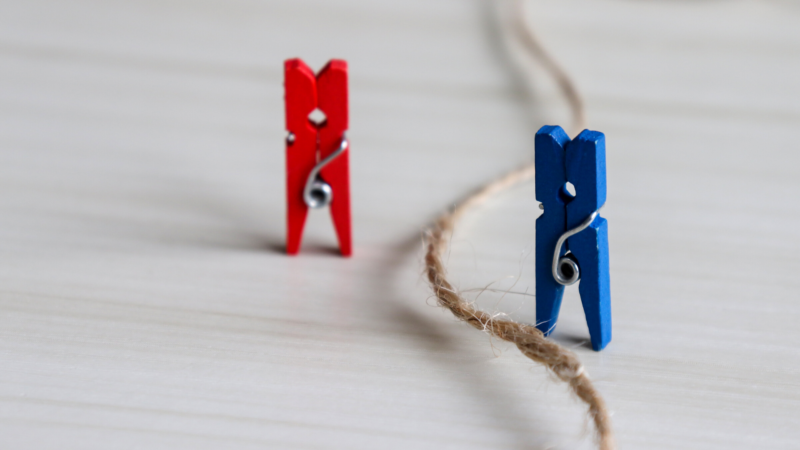
1 reactie
Voeg die van jou toe →I read your article and it is really very inspirational, not only for your positive attitudes towards life, but also for the wisdom shined in your words. I believe everything will be better and better.